
The Importance of Healthy Food: A Guide to Nutritious Food Categories
In today’s fast-paced world, maintaining a healthy diet is essential for overall well-being and longevity. Healthy food provides the necessary nutrients, vitamins, and minerals that fuel our bodies, boost our immune system, and keep us mentally sharp. To make smart food choices, it’s important to understand the different categories of healthy food and how each contributes to a balanced diet. Here’s a breakdown of the key food categories to incorporate into your lifestyle.
1. Fruits and Vegetables
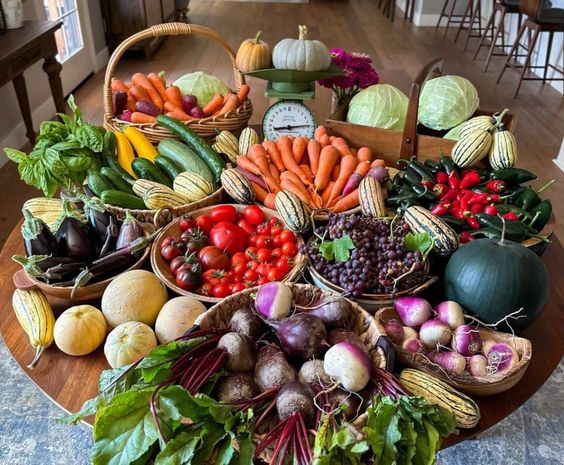

Fruits and vegetables are the cornerstone of any healthy diet, providing essential vitamins, minerals, and antioxidants. They are rich in fiber, which aids digestion, supports heart health, and helps regulate blood sugar levels. Whether you’re munching on fresh berries, snacking on carrots, or blending up a green smoothie, this category offers endless variety and nutrition.
Note :
Remember to eat fill your plate with a vibrant array of colorful fruits for optimal health and vitality.
.
2. Whole Grains

Whole grains, such as brown rice, quinoa, whole wheat, oats, and barley, are a great source of fiber and nutrients like B vitamins and iron. Unlike refined grains, whole grains retain the bran and germ, making them more nutritious and beneficial for heart health, weight management, and lowering the risk of chronic diseases. Incorporating whole grains into your diet keeps you feeling full and energized throughout the day.
3. Lean Proteins
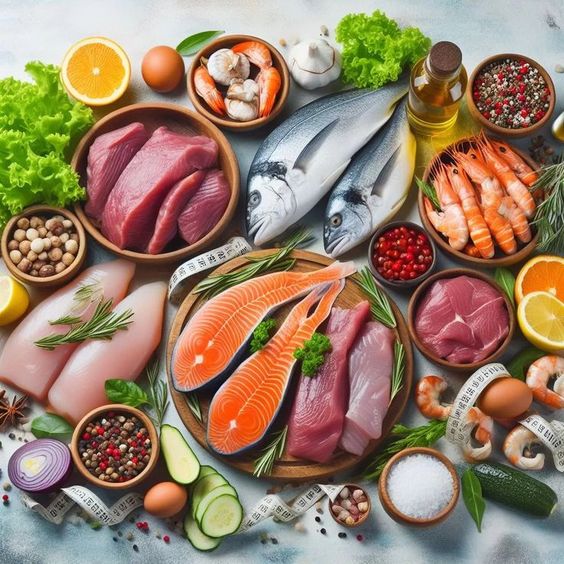
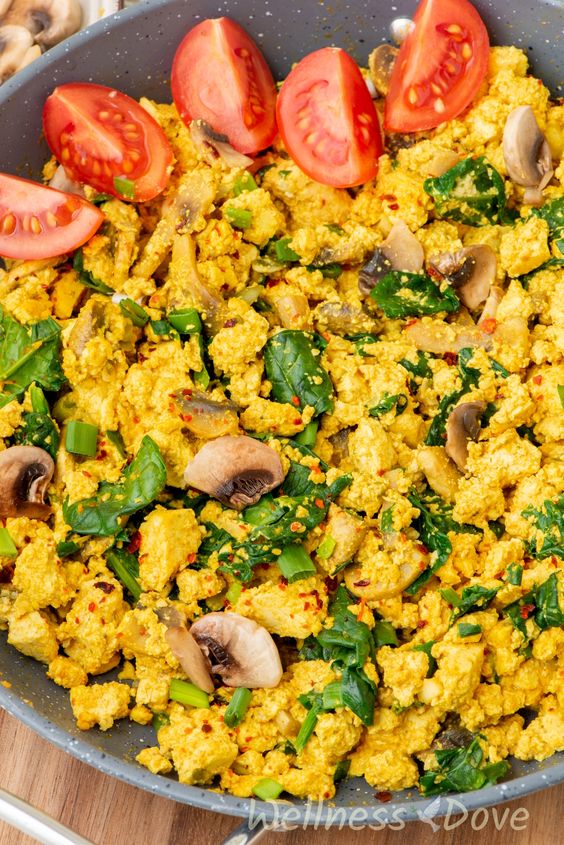
Proteins are essential for building and repairing tissues, supporting immune function, and producing enzymes and hormones. Lean protein sources, such as skinless poultry, fish, eggs, tofu, beans, and legumes, provide necessary amino acids without excess saturated fats. For those who prefer plant-based options, beans, lentils, and quinoa offer excellent protein content, making them ideal for vegetarians and vegans.
4. Healthy Fats
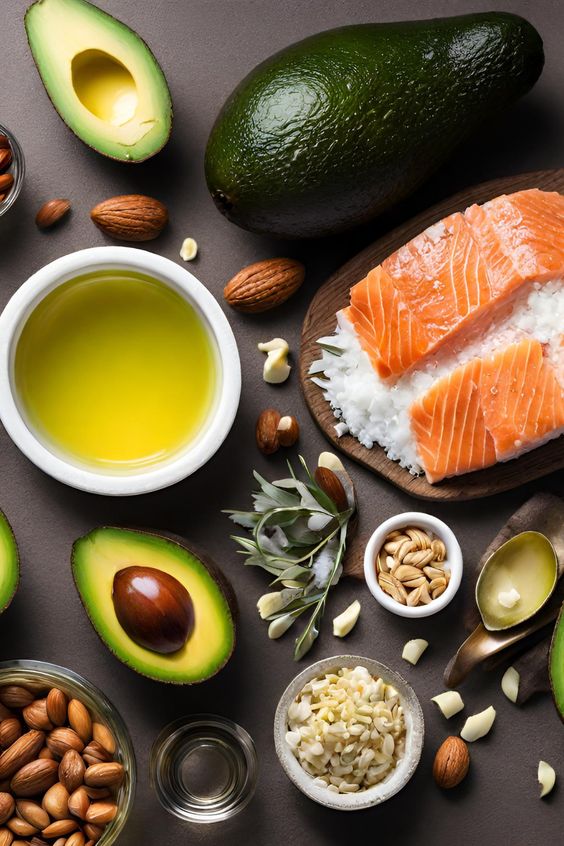
Not all fats are created equal! Healthy fats, found in foods like avocados, nuts, seeds, olive oil, and fatty fish like salmon, are essential for brain health, hormone production, and reducing inflammation. These fats also help absorb fat-soluble vitamins like A, D, E, and K. Incorporating healthy fats in moderation can improve heart health and maintain optimal body functions.
5. Dairy and Dairy Alternatives
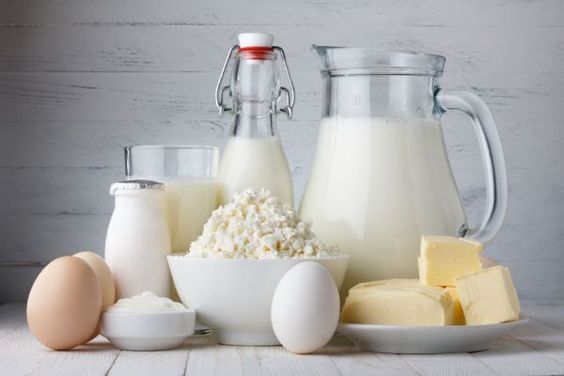
Dairy products like milk, yogurt, and cheese are excellent sources of calcium, vitamin D, and protein, all of which are vital for bone health. For those who are lactose intolerant or prefer plant-based options, alternatives like almond milk, soy milk, and coconut yogurt provide similar nutrients. Be sure to choose unsweetened and fortified versions to avoid unnecessary added sugars.
6. Nuts and Seeds

Nuts and seeds, including almonds, walnuts, chia seeds, and flaxseeds, are packed with healthy fats, protein, and fiber. They are rich in omega-3 fatty acids and antioxidants, which can improve heart health and reduce inflammation. A handful of nuts or seeds makes for a great snack or can be added to meals for an extra nutritional boost.
7. Legumes
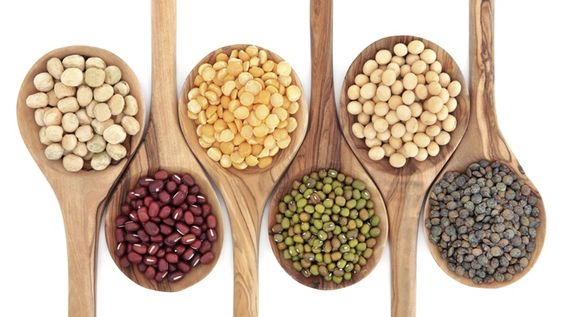
Legumes such as beans, lentils, chickpeas, and peas are excellent plant-based sources of protein, fiber, and essential vitamins and minerals like iron and magnesium. They are heart-healthy, help regulate blood sugar, and are an affordable, versatile addition to any meal, whether in soups, salads, or main dishes.
Conclusion
A balanced diet rich in a variety of nutritious food categories is the foundation of a healthy lifestyle. By incorporating fruits, vegetables, whole grains, lean proteins, healthy fats, and other nutrient-dense foods into your meals, you’re providing your body with everything it needs to thrive. Remember, healthy eating is not about strict limitations but rather about making smart, sustainable choices that support long-term health and well-being. Make these food categories a part of your daily routine, and enjoy the benefits of a healthier, more vibrant life.